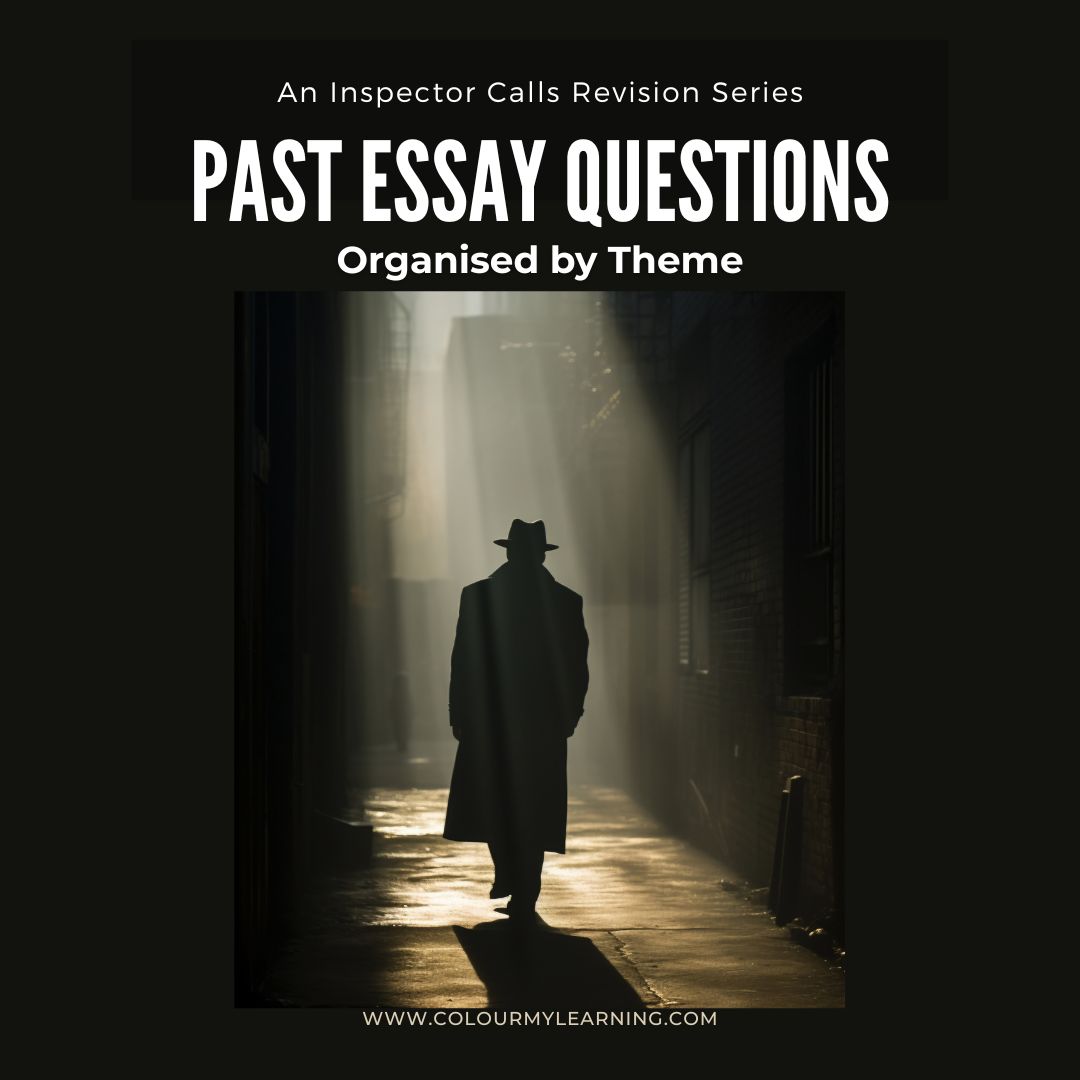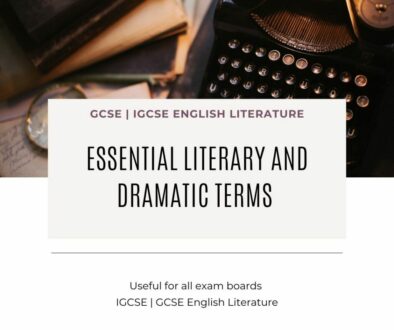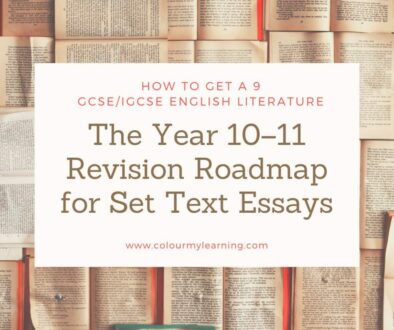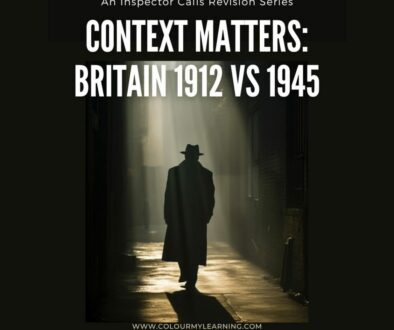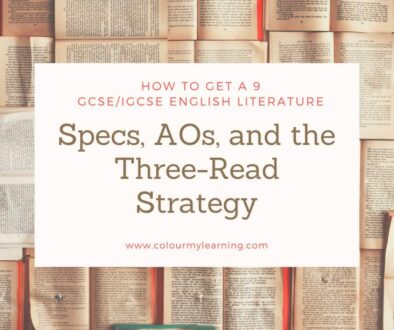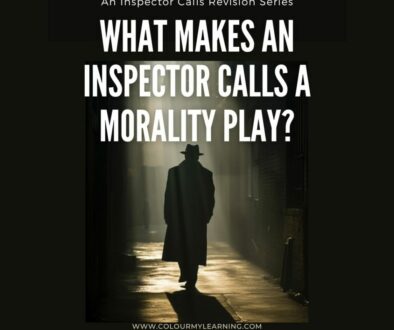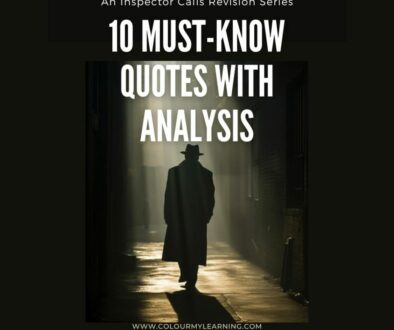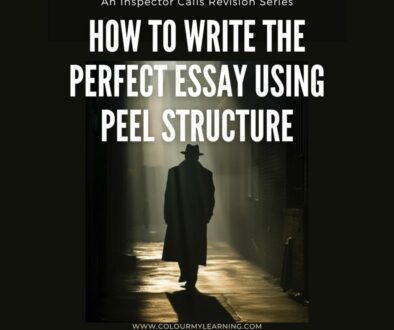An Inspector Calls Exam Questions Organised by Theme
Practising with past exam questions is one of the most effective ways to prepare for your English Literature exam. However, to make revision even more efficient, learning and practising writing essays based on themes offers even great opportunity to perfect your essay writing technique.
This article brings together samples of real exam-style essay questions on An Inspector Calls, organised by theme to help you revise more strategically. Whether you’re studying for the Edexcel IGCSE or another GCSE board, these themed questions which are found in the text will help you explore characters, ideas, and methods in greater depth and help boost your confidence when writing essays.
Understanding the Exam Format
In Edexcel IGCSE English Literature Paper 2, the An Inspector Calls section offers a choice of two essay questions. You’ll typically be asked to:
- Explore a theme, character, or relationship
- Support your ideas with quotes and analysis
- Demonstrate knowledge of the play’s structure and Priestley’s purpose
To succeed, you need both subject knowledge and clear essay technique (like PEEL or PETAL). That’s where these grouped questions come in.
Questions by Theme
Below, we’ve organised past and practice questions for An Inspector Calls into key themes. Each paragraph gives context to the theme and highlights how the question helps you explore characters, relationships, and Priestley’s methods. This format supports effective revision and exam preparation for Edexcel IGCSE and GCSE English Literature. Use them to build essays, flashcards, or mind maps — or try answering one in timed conditions.
1. Social Responsibility
Social responsibility is the moral heart of An Inspector Calls, and one of the most commonly examined themes. Essay questions in this area often ask you to explore how Priestley presents the idea that individuals are connected and share a duty of care. For example, you might be asked:
“How does Priestley present ideas about responsibility in An Inspector Calls?”
This type of question invites analysis of how each character either accepts or rejects their role in Eva Smith’s downfall. Questions may also focus on individual characters like Sheila:
“Explore how the theme of responsibility is developed through the character of Sheila.”
These questions require you to interpret Priestley’s intent, especially through the voice of the Inspector and his final moral speech.
2. Class and Social Hierarchy
The play is a sharp critique of the class divisions in early 20th-century Britain. Essay questions on class often ask students to examine how wealth, status, and privilege influence the behaviour of characters like Mr Birling or Mrs Birling. One typical question might be:
“How does Priestley criticise attitudes towards class in the play?”
You may also encounter questions about Eva Smith, whose life is shaped by her position at the bottom of the social ladder:
“Explore how Eva Smith’s treatment reveals inequalities in Edwardian society.”
These questions allow you to link character behaviour, language choices, and dramatic structure to wider social critique.
3. Generational Conflict
A major point of tension in the play comes from the clash between the older and younger generations. Priestley uses this divide to comment on the potential for change in society. A frequently used exam question is:
“How does Priestley explore the differences between the older and younger generations?”
You might also be asked to focus on the hope Priestley places in the younger characters:
“In what ways are the younger characters more open to change?”
When answering these, it’s helpful to contrast the rigid views of Mr and Mrs Birling with the emotional growth shown by Sheila and Eric, and to reflect on Priestley’s message about progress and accountability.
4. Gender and Power
An Inspector Calls explores how gender roles and expectations affect personal relationships and societal norms. Questions in this theme may ask how Priestley critiques the treatment of women in Edwardian society. For instance:
“How are women treated by men in An Inspector Calls?”
This opens up discussion about the power imbalance in Gerald and Eva’s relationship, or the dismissive way the Birlings treat her. Other questions might ask:
“What do we learn about attitudes to women through the character of Eva Smith?”
Here, you’ll need to explore how Priestley uses the offstage character of Eva to highlight gendered injustice and vulnerability.
5. Truth, Illusion and Deception
Priestley plays with the tension between appearance and reality throughout the play. Essay prompts on this theme will often require you to examine how truth is revealed and how characters attempt to deny or twist it. For example:
“What is the role of truth and lies in the development of the play?”
Other questions might ask about specific techniques:
“How does Priestley use dramatic irony and revelation to affect the audience?”
These invite close analysis of language and structure, as well as the symbolic function of the Inspector as a figure who exposes hidden truths.
6. Change and Redemption
This theme ties closely to responsibility, but focuses more on how characters evolve (or refuse to). Priestley invites the audience to reflect on the possibility of moral growth — especially for younger characters. Common questions include:
“How does the theme of change affect the younger characters?”
or
“What is Priestley’s message about redemption and personal growth?”
These questions are a great opportunity to explore Sheila’s transformation and the contrasting stubbornness of her parents. They also allow you to interpret Priestley’s hopes for a more empathetic future.
Writing About Themes: Quick Tips
To write strong responses to these questions:
- Start with a clear argument in your opening sentence
- Use one quote per paragraph and unpack it with PETAL
- Link your analysis back to Priestley’s message or the audience’s experience
Need help structuring your answers? Use our PEEL Guide to Essay Writing or check out our full revision guide for detailed templates and model responses.
Past Exam Questions by Theme eBook
Want to print this list or revise offline?
Download the full Past Exam Questions organised by Theme pack – Free with the purchase of An Inspector Calls Complete Revision Guide.
Otherwise only £2.99
→ Includes:
- Theme-organised questions
- Space to plan answers
- Self-assessment prompts
Available at Bailbrook Lane
(If you have bought the Revision Guide, use the download code inside your copy of the Complete Revision Guide)
